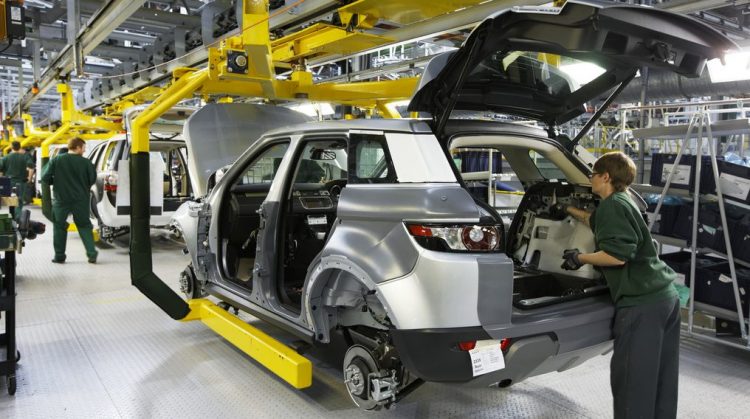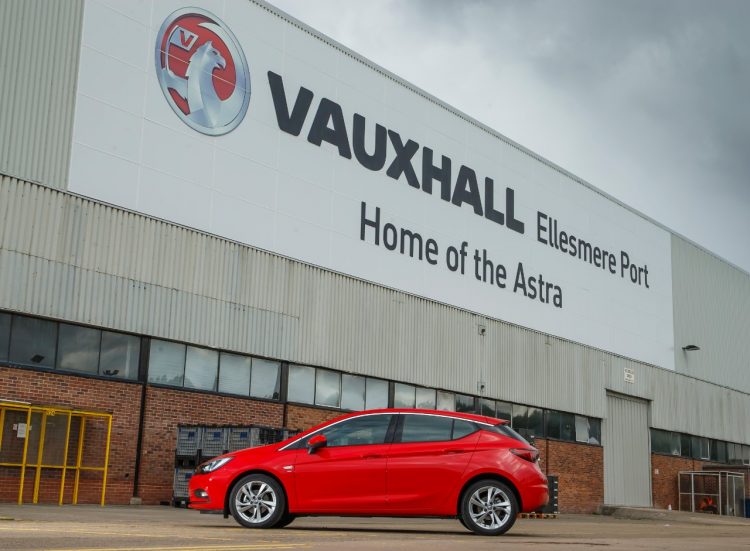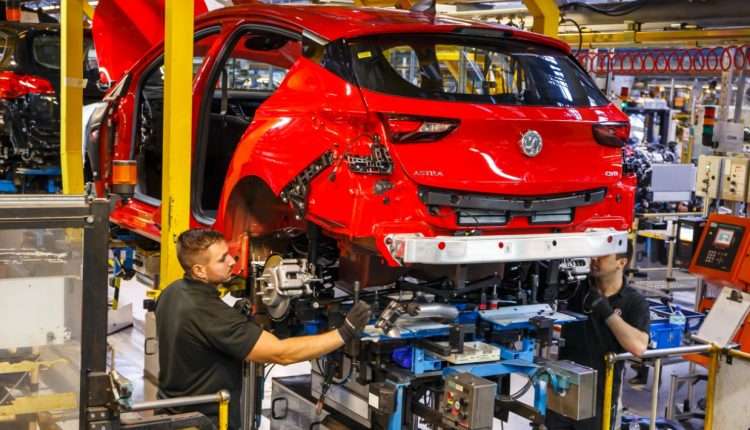UK automotive investment plummets as sector leader warns of grave threat from Brexit
Latest data from the Society of Motor Manufacturers and Traders makes grim reading with investment between January and June down to £347.3m from £674.4m in the first half of 2017. Tony McDonough reports

New investment in Britain’s automotive sector has halved so far in 2018 as industry leaders give a stark warning about the devastating impact Brexit could have on car manufacturing.
Latest data from the Society of Motor Manufacturers and Traders (SMMT) makes grim reading with investment between January and June down to £347.3m from £674.4m in the first half of 2017.
‘No plan B’
And SMMT chief executive Mike Hawes urged the British Government to “rethink its position on the customs union”, calling current plans “unrealistic”.
“The current position, with conflicting messages and red lines goes directly against the interests of the UK automotive sector which has thrived on single market and customs union membership,” he said.
“There is no credible ‘plan B’ for frictionless customs arrangements, nor is it realistic to expect that new trade deals can be agreed with the rest of the world that will replicate the immense value of trade with the EU.”
Success story
From troubled times in the 1980s, the automotive sector has so far defied the general shift away from manufacturing and has thrived in recent years, employing more than 800,000 people and turning over around £100bn every year.
However, many in the industry believe Brexit represents a material threat to the continued success of the sector.
Here in the Liverpool city region there are two large assembly plants – Jaguar Land Rover (JLR) at Halewood where more than 4,000 people produce the Land Rover Evoque and the Discovery Sport models, and Vauxhall at Ellesmere Port where around 1,200 people produce the Astra.
New Evoque
JLR’s future in Knowsley appears secure for the next few years. Despite slow sales in Europe, both the Evoque and Discovery Sport are top sellers around the world. Earlier in June JLR said its next generation Evoque model will be built at Halewood, representing a £100m investment in the plant.
Elsewhere, JLR said it was shifting production of the Land Rover Discovery to Slovakia from its plant at Solihull in the West Midlands. However, the UK facility will be retooled to accommodate a new generation of electric cars.
Sales downturn
Vauxhall’s Ellesmere Port facility is seen as vulnerable both to the downturn in sales of family saloons across Europe and to the effects of the UK’s departure from the EU.
Last year the factory employed not far off 2,000 people but late last year and early this year its French parent company, Peugeot and Citroën Groupe PSA, announced two lots of job losses and warned: “Ellesmere Port must rebuild its competitiveness because it is less competitive than our factories in Europe.”
PSA, which acquired he Opel and Vauxhall brands from General Motors Co for £1.9bn last year, said a new generation Astra model was planned for the early 2020s but there was no guarantee the investment would go to Ellesmere Port.

Supply chain
The EU is by far the biggest market for British-made cars with eight out of 10 vehicles made in the UK sold elsewhere in the single market. And it is not just about export sales. Around 60% of the components of Astra are imported from other suppliers in the EU.
Any imposition of trade tariffs on goods coming in from Europe after 2019 would be a severe blow to the factory’s competitiveness.
According to PSA Ellesmere Port’s current manufacturing costs were “significantly higher” than those of similar facilities in France.
Last week BMW said that it would have to close its UK factories that produce Mini and Rolls-Royce cars if measures after Brexit lead to serious supply chain disruption.
Mike Hawes insisted the British government’s current position – leaving the EU single market and the customs union would hurt the industry.
“There is growing frustration in global boardrooms at the slow pace of negotiations – The British Government must rethink its position on the customs union,” he said.

